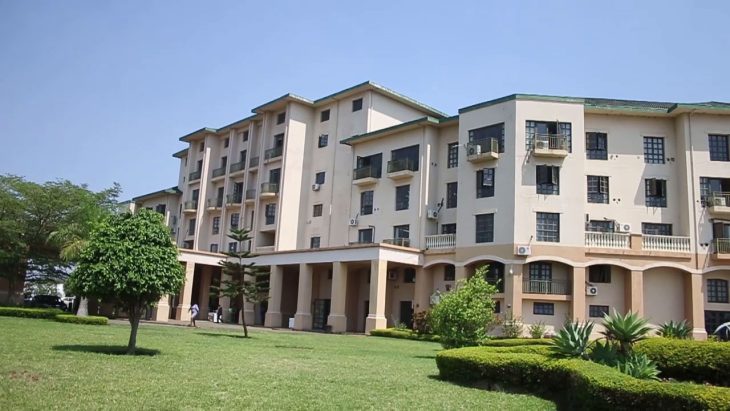
Revolutionizing Malawi’s Economy: Experts Advocate for Bold Tax Reforms to Fuel Growth
Key Business Points
- Boosting domestic revenue collection is crucial for Malawi’s economic stability, as continued reliance on aid and borrowing poses a significant threat, according to tax experts.
- Comprehensive tax reforms are necessary to broaden the tax base, reduce reliance on value-added tax, and promote compliance among large taxpayers, as emphasized by economist Velli Nyirongo.
- Resisting corruption and promoting taxpayer education are essential for attracting foreign direct investment, as investors look beyond tax legislation to infrastructure, free movement of goods and services, and efficient governance, as noted by tax expert Emmanuel Kaluluma.
Malawi’s newly elected Peter Mutharika administration is facing mounting pressure to implement comprehensive reforms to boost domestic revenue collection, as the country’s fiscal situation continues to deteriorate. The International Monetary Fund (IMF) has painted a grim picture of Malawi’s fiscal situation, with the overall deficit standing at 10.1 percent of GDP in the fiscal year 2024/25. This is attributed to lower-than-projected revenues, election-related spending, and an increasing interest bill.
Tax expert Emmanuel Kaluluma has emphasized the need for officials to resist corruption and for intensified taxpayer education, arguing that the government should clearly illustrate how tax revenues are used. He also stressed that investors look beyond tax legislation when deciding where to invest, considering factors such as infrastructure, free movement of goods and services, and efficient governance. Kaluluma noted that "ndi nzovu zodziwa za moyo" (it’s the big fish that disturb the water), highlighting the need for politicians to lead by example in tax compliance.
Economist Velli Nyirongo has proposed formalizing small and medium enterprises through simplified registration and payment systems, expanding value-added tax coverage, and improving property and local tax collection. He argued that a narrow tax base limits the government’s ability to fund essential public services and economic growth, forcing reliance on aid and borrowing. Nyirongo suggested that taxing digital services and large informal traders can bring new sources of revenue without burdening the poorest.
The IMF Executive Board has stressed that fiscal consolidation focused on domestic revenue generation is essential to reduce inflationary pressures and improve debt sustainability. The international lender urged tax policy and revenue administration reforms to broaden the tax base, while containing the interest and wage bills and rebalancing expenditures toward infrastructure, human capital investment, and social protection. With public debt dynamics remaining unsustainable, reaching 88 percent of GDP by the end of 2024, the government must take decisive action to address these challenges and promote economic growth. As Nyirongo noted, "kugwa nthaka sikulu" (paying taxes is a civic duty), emphasizing the importance of tax compliance for Malawi’s economic development.
What are your thoughts on this business development? Share your insights and remember to follow us on Facebook and Twitter for the latest Malawi business news and opportunities. Visit us daily for comprehensive coverage of Malawi’s business landscape.
